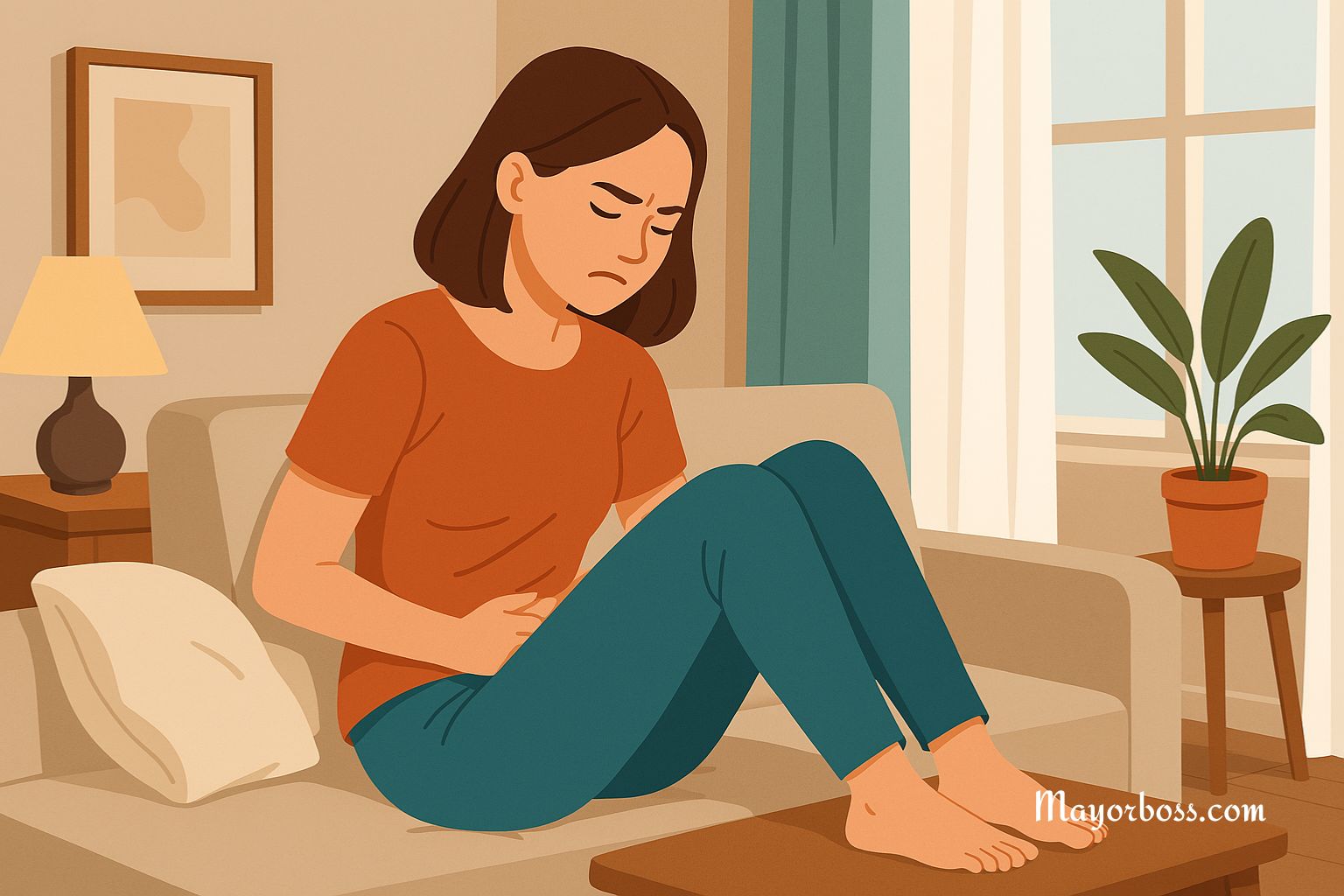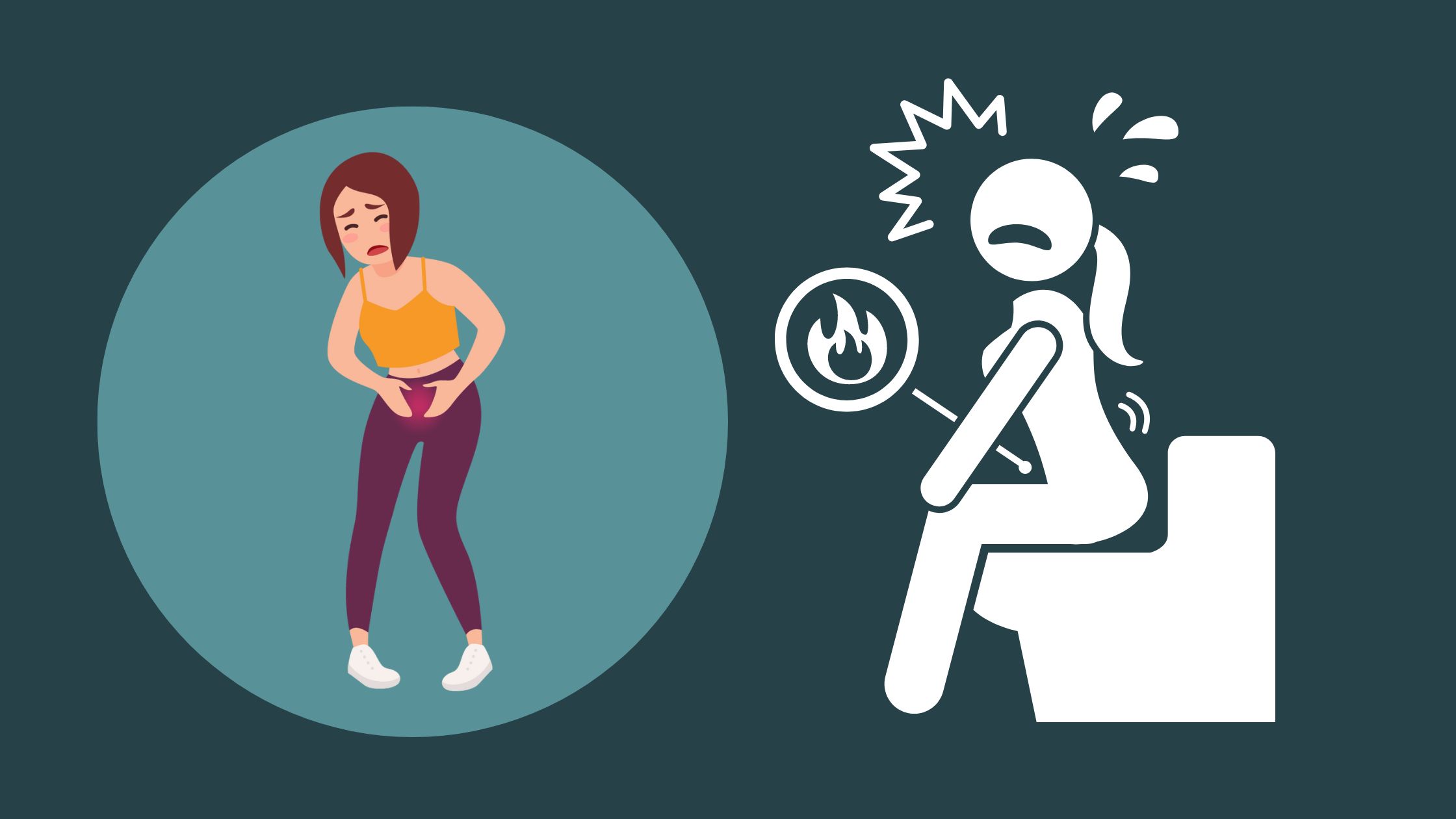12 Early Signs of Pregnancy
Trying to conceive can be an exciting and nerve-wracking time. Once you’ve decided to start a family, the waiting game begins. And for many women, that waiting game is the hardest part. Symptoms like nausea, fatigue, and frequent urination can start as early as a week after conception—but they may also show up weeks later. So how do you know if you’re pregnant? Here are 12 early signs of pregnancy to look out for.
1. Missed Period
This is usually the very first sign that women experience when they are pregnant. If you have a regular period and it suddenly stops, there’s a good chance you may be pregnant. However, this isn’t always foolproof, as some women continue to get their period during early pregnancy.
2. Nausea and Vomiting
The hallmark symptom of pregnancy is nausea and vomiting, also commonly known as “morning sickness.” Nausea with or without vomiting can strike at any time of day (or night). For some women, this feeling starts as early as a few days after conception. While morning sickness can be quite unpleasant, it’s actually a good sign that your pregnancy is progressing normally.
3. Fatigue
Fatigue is a common early pregnancy sign. You may find yourself wanting to take a nap in the middle of the day or falling asleep earlier than usual at night. This fatigue is caused by the high levels of progesterone in your body and will usually subside after the first trimester. In the meantime, make sure to get plenty of rest and drink lots of fluids.
4. Bloating
Many women feel bloated soon after they conceive, and it can continue throughout pregnancy as your uterus expands and puts pressure on your stomach and intestines. To help alleviate this discomfort, try eating smaller meals more frequently throughout the day instead of three large meals. Avoiding gas-producing foods like broccoli, cabbage, beans, and onions can also help reduce bloating.
5. Frequent Urination
Have you been hitting the bathroom more often than usual? If you find yourself running to the bathroom more often than usual, it could be a sign that you’re pregnant. This increased need to urinate is caused by the hormone human chorionic gonadotropin (hCG), which starts being produced shortly after conception. hCG helps maintain the corpus luteum, which produces progesterone during pregnancy. As your pregnancy progresses and your uterus grows, this increased urinary frequency should subside.
6. Breast Tenderness
Tender, swollen breasts can be common in early pregnancy. Your breasts will feel very sore and sensitive in the early weeks of pregnancy. The good news is that this discomfort should ease up as your pregnancy progresses.
7. Food Aversions or Cravings
You might find yourself wanting foods that you never liked before or being repelled by foods that you used to love. These sudden food preferences (or aversions) can be signaled by changes in smell or taste sensitivity brought on by pregnancy hormones.
8. Mood Swings
Many women report wild mood swings in the early weeks (and months) of pregnancy. One minute you could be crying hysterically over a sappy commercial, while the next minute, you’re laughing uncontrollably at something your partner said. It’s all perfectly normal, so try not to stress too much about it!
9. Temperature changes
During early pregnancy, your basal body temperature (the temperature of your body at rest) can increase by a few degrees and remain elevated until the end of your first trimester. This is caused by progesterone, another hormone that increases during pregnancy. Keeping track of your BBT can help you identify when ovulation—and conception—has occurred.
10. Light Spotting/Bleeding
Light spotting or bleeding can occur when the embryo implants in your uterus, which is called implantation bleeding. This is generally a very light pinkish-brown discharge and should only last for a day or two. If you experience any bright red bleeding—or if the light spotting continues for more than a few days—contact your doctor or midwife.
11. Excessive saliva
Excessive saliva production is another common early pregnancy symptom. This symptom is usually harmless. But it can still be quite unpleasant. Increased saliva production during pregnancy is caused by hormones and the increased blood flow in your mouth and throat. To help relieve excess saliva, try chewing sugar-free gum or sucking on hard candy.
12. Constipation
During early pregnancy, you may find yourself dealing with constipation as your body produces more progesterone. To help ease this uncomfortable feeling, make sure to drink plenty of fluids and eat high-fiber foods to keep things moving.
Frequently Asked Questions
What should I eat when I’m pregnant?
A healthy diet is important for both you and your baby. Make sure to eat plenty of fruits, vegetables, whole grains, and proteins. Avoid caffeine and alcohol.
How much weight will I gain during pregnancy?
Most women gain between 10kg and 16kg during pregnancy. However, this can vary depending on your pre-pregnancy weight and how much you exercise during pregnancy.
What exercises can I do when I’m pregnant?
You should talk to your doctor before starting any exercise routine during pregnancy. They can give you specific recommendations based on your health and fitness level. In general, though, moderate aerobic exercise and strength training is safe for most pregnant women. Avoid contact sports and anything that could put you at risk of falling or being hit in the stomach area.
Is it safe to travel while pregnant?
In general, travel is safe during pregnancy as long as you take some precautions. Make sure to stay hydrated, wear comfortable clothes, and take breaks often so you don’t get too tired. If you’re planning on flying, it’s best to do so before 36 weeks to avoid any complications that could arise from being in a pressurized cabin for an extended period.
Can I still have sex while pregnant?
As long as you’re comfortable and have no medical condition that would prohibit it, then yes! Pregnancy can actually make sex more enjoyable since there is no risk of becoming pregnant.
What are the risks of being pregnant?
While pregnancy is generally safe, there are some risks that come with it. These include things like gestational diabetes, preterm labor, preeclampsia, and birth defects. Talk to your doctor about ways to reduce your risk of these complications.
Learn More: Frequently Asked Questions About Pregnancy
Takeaway
Early signs of pregnancy can include a missed period, nausea with or without vomiting, fatigue, breast tenderness, frequent urination, and mood swings. However, not all women experience these symptoms. If you think you might be pregnant, the best thing to do is take a home pregnancy test. You can buy these over-the-counter at your local drugstore.






